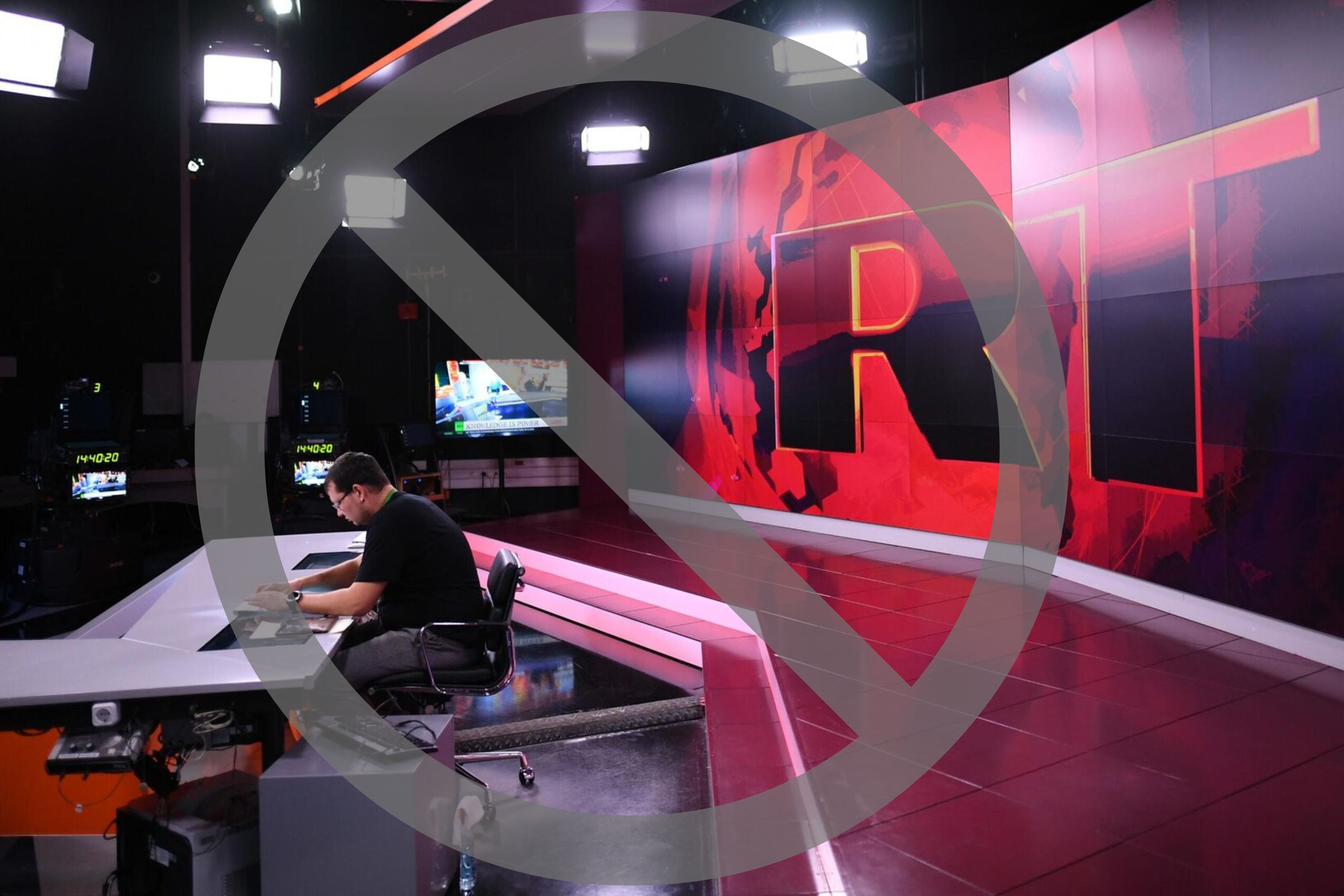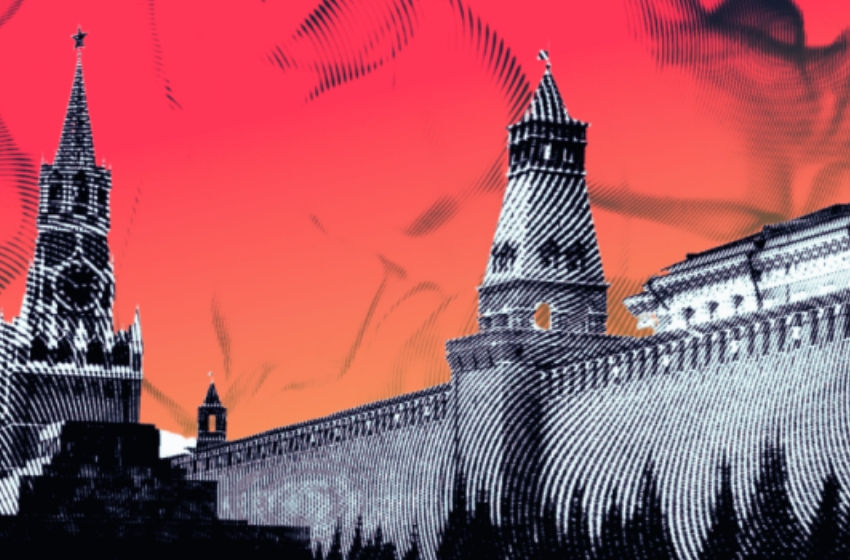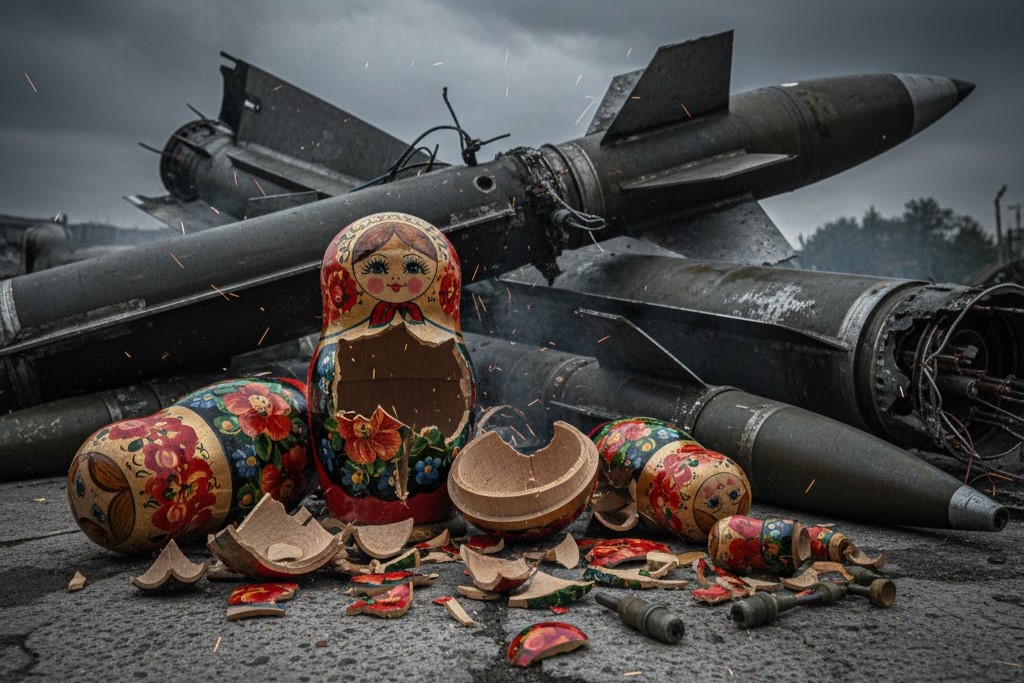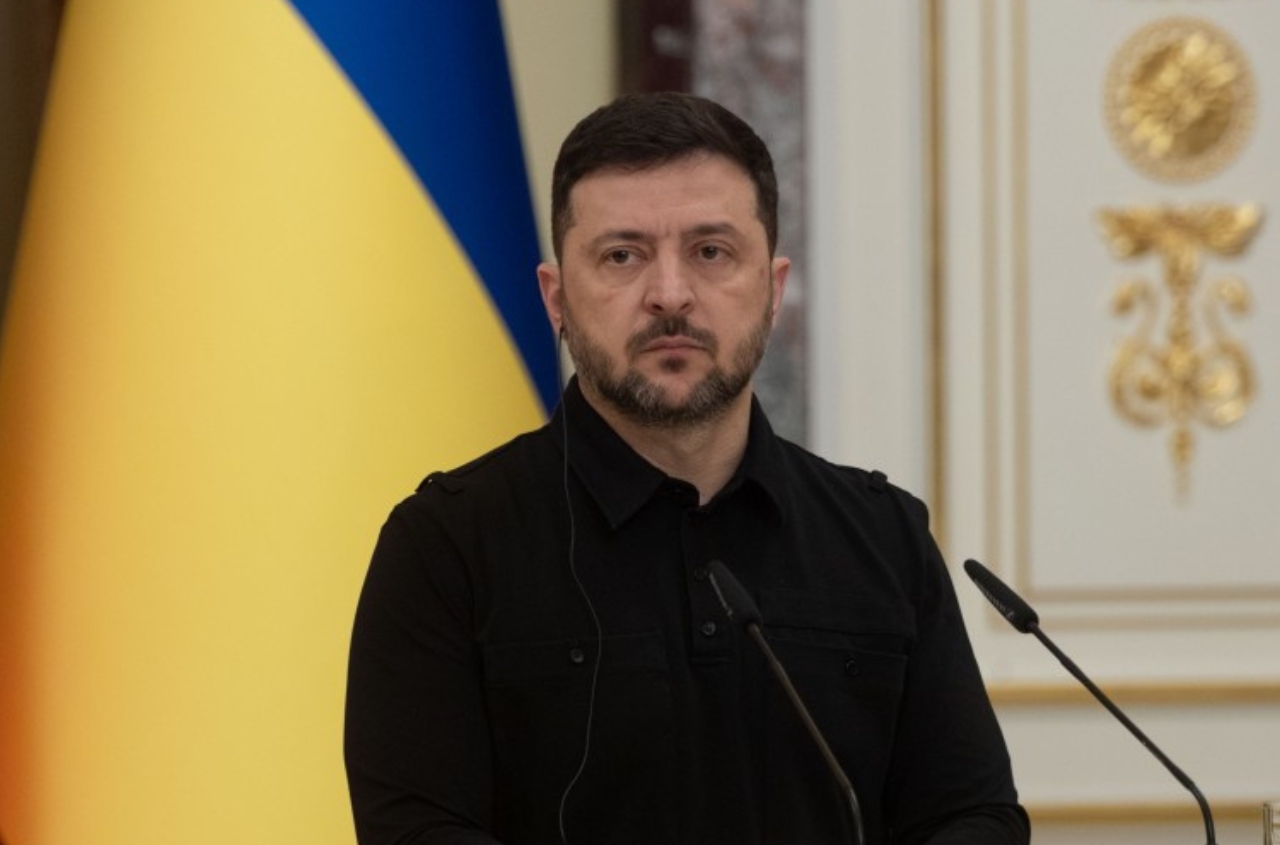The Kremlin is showing a nervous reaction to the wave of bans on Russian state media in Europe. Restrictions imposed by Germany, France, Switzerland, Belgium, Greece, Romania, and other European countries have dealt a painful blow to Russia’s external propaganda system.
France blocked visas for Russian journalists and limited broadcasts of Russian TV channels. Berlin denied a residence permit to an employee of “Russia Today.” The EU has stopped broadcasting and blocked online access to resources such as “RIA Novosti,” “VGTRK,” and other Kremlin platforms.
Moscow calls this “censorship” and threatens retaliation—both through Russian laws and international organizations. At the OSCE level, Russia continues to accuse others of “discrimination,” but these claims find little support among most countries.
Background
Since 2022, many Western media outlets in Russia, including BBC, Deutsche Welle, Radio Free Europe/Radio Liberty, CNN, and The Guardian, have been banned or severely restricted due to their coverage of the war in Ukraine and criticism of the regime. Roskomnadzor blocks their websites, and laws on “foreign agents” and “undesirable organizations” have forced many outlets to cease operations in the country. At least 50–70 Western media faced bans or censorship, and many foreign journalists left Russia due to threats of persecution.





















